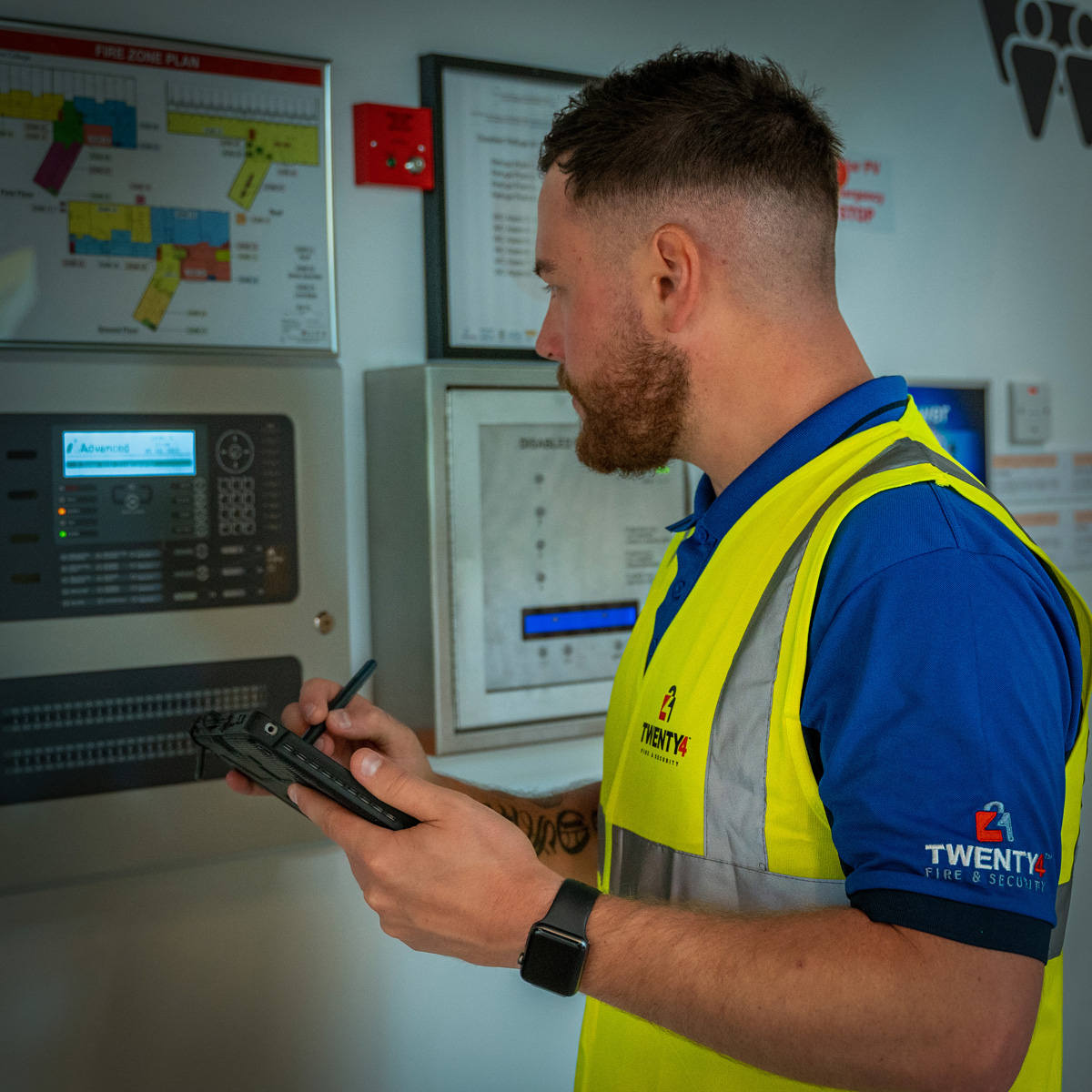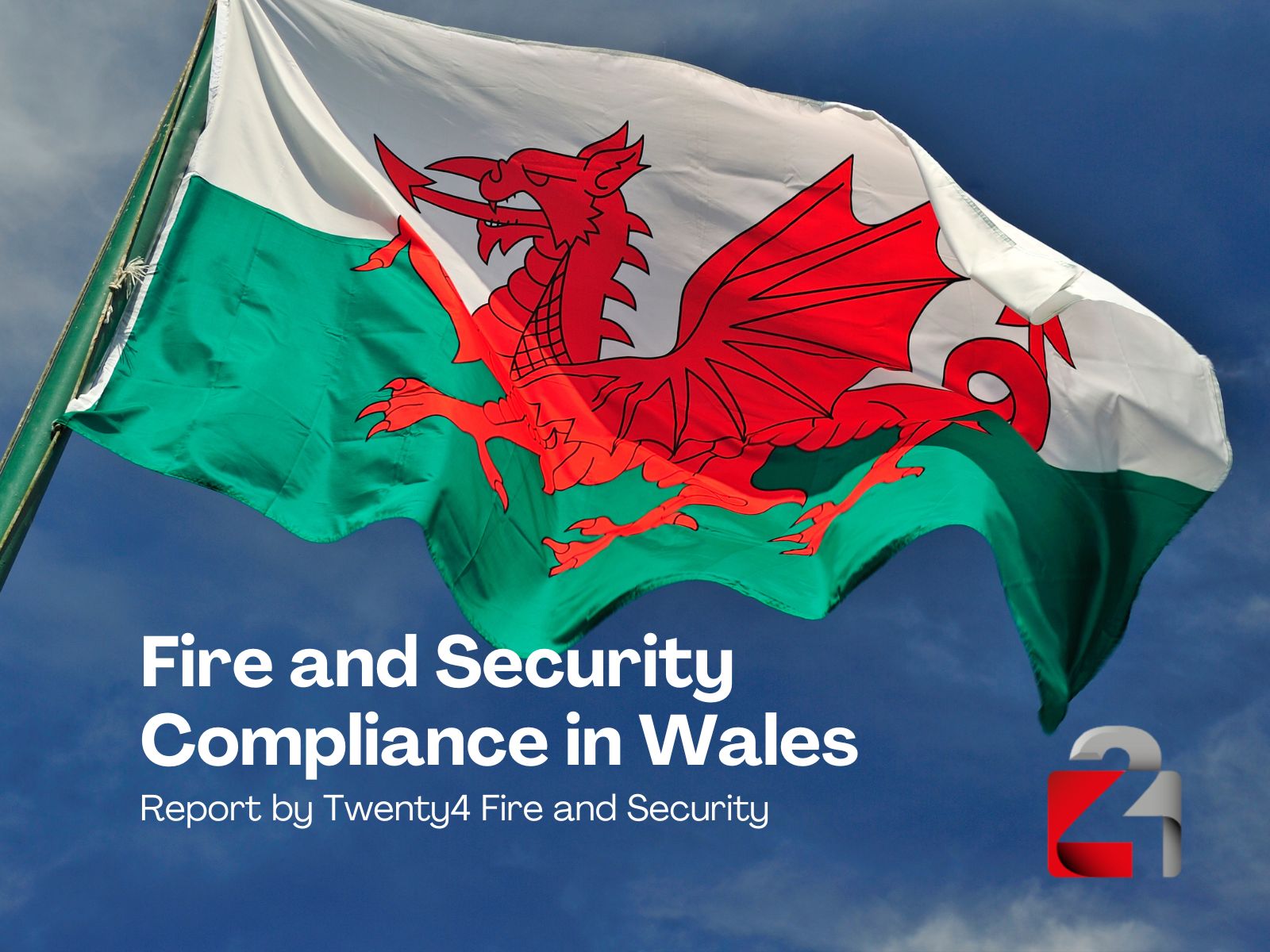As of October 1st, a significant fire safety regulation is being enforced that is set to impact UK businesses and Landlords. These changes apply to:
- All workplaces and commercial buildings
- Non-domestic parts of multi-occupied residential buildings
About the new Regulation
Section 156 of the Building Safety Act 2022 (BSA) has introduced a series of amendments to the Regulatory Reform (Fire Safety) Order 2005 (FSO). These changes aim to bolster fire safety standards in all buildings governed by the FSO and represent Phase 3 of the Home Office’s comprehensive fire safety reform. This latest phase builds on the foundations laid by Phase 1 (the Fire Safety Act 2021) and Phase 2 (the Fire Safety (England) Regulations 2022).
The Evolving Landscape of Fire Safety Regulations
Fire safety regulations in the United Kingdom have undergone a significant evolution in recent years, partly in response to the Grenfell disaster. Phase 1 of the fire safety reform, the Fire Safety Act 2021, marked the initial step towards enhancing fire safety standards across various types of buildings, with a particular focus on high-rise residential buildings.
Following this, Phase 2 introduced the Fire Safety Regulations 2022, which extended the scope of fire safety requirements to include various categories of buildings beyond residential high-rises. These regulations outlined essential safety measures, such as the inspection of fire doors and alarms, as well as fire risk assessments, to ensure that occupants and visitors are adequately protected.
Phase 3: Changes You Need to be Aware Of
Phase 3, which was rolled out on October 1st 2023, enhances fire safety within all premises governed by the FSO. The changes are centred on the following objectives:
- 1. Enhancing collaboration and coordination among Responsible Persons (RPs)
- 2. Elevating the demands concerning the documentation and dissemination of fire safety data, thereby establishing an ongoing record throughout a building’s lifespan.
- 3. Streamlining the process for enforcement authorities to address non-compliance.
- 4. Guaranteeing that residents can readily access comprehensive fire safety information specific to their building.
As of 1st October 2023, Responsible Persons must:
- Conduct a fire risk assessment (FRA) and document it in full. This is regardless of the number of employees at the premises or the size of the building.
- Record all findings during a fire risk assessment. Previously, only core findings needed to be recorded.
- Make a record of all fire safety arrangements within the building. RPs need to demonstrate how fire safety is managed.
- Provide current information to all residents of buildings.
- Identify any other person/s who have responsibilities within the property.
- Determine the Accountable Persons
While these new fire safety regulations bring substantial changes for businesses and Landlords, they also introduce a framework for compliance and enforcement. Failure to adhere to these regulations can result in significant penalties and legal consequences, emphasising the seriousness of fire safety in such accommodations. The fines for failure to comply with these rules have also been hiked up under Article 50 of the FSO.
How We Can Help
Here at Twenty4 Fire and Security, we understand that the responsibilities of a business RPs can be overwhelming, with legislation and requirements often hard to understand and get a grip of. This is why we are pleased to support businesses with a one-stop shop for their safety and compliance needs. From business fire risk assessments and fire alarm maintenance to fire door inspections and emergency lighting installation, our services ensure your company is operating in line with the latest fire safety laws set out by the UK government.





